Former President Donald J. Trump, aiming for a political comeback this fall, has set his sights on the burgeoning electric car market.
Trump’s campaign strategy includes a sharp pivot away from eco-friendly vehicles, promising to end EV tax credits and loosen emissions regulations if he returns to the Oval Office. This stance could ruffle feathers across party lines, given the sector’s role in job creation, especially in Republican-leaning southern states.
The Southern States’ Dilemma
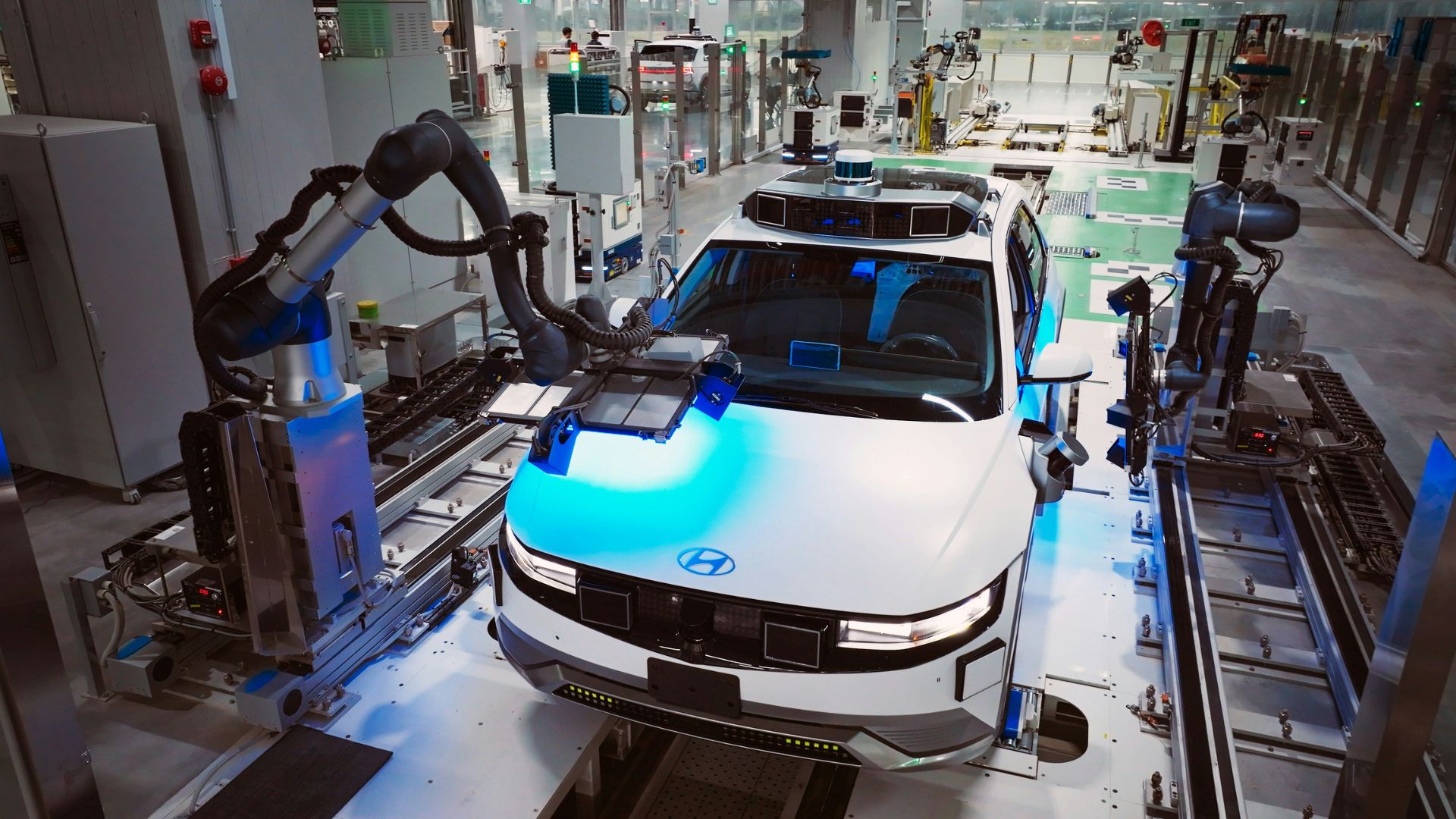
Trump’s proposed policy shifts could shake the electric vehicle industry, a key driver of jobs and investment in traditionally Republican southern states.
These areas have reaped significant economic benefits from the industry’s expansion, prompting a reevaluation of potential political impacts stemming from Trump’s aggressive stance.
The Electric Vehicle Market’s Surge
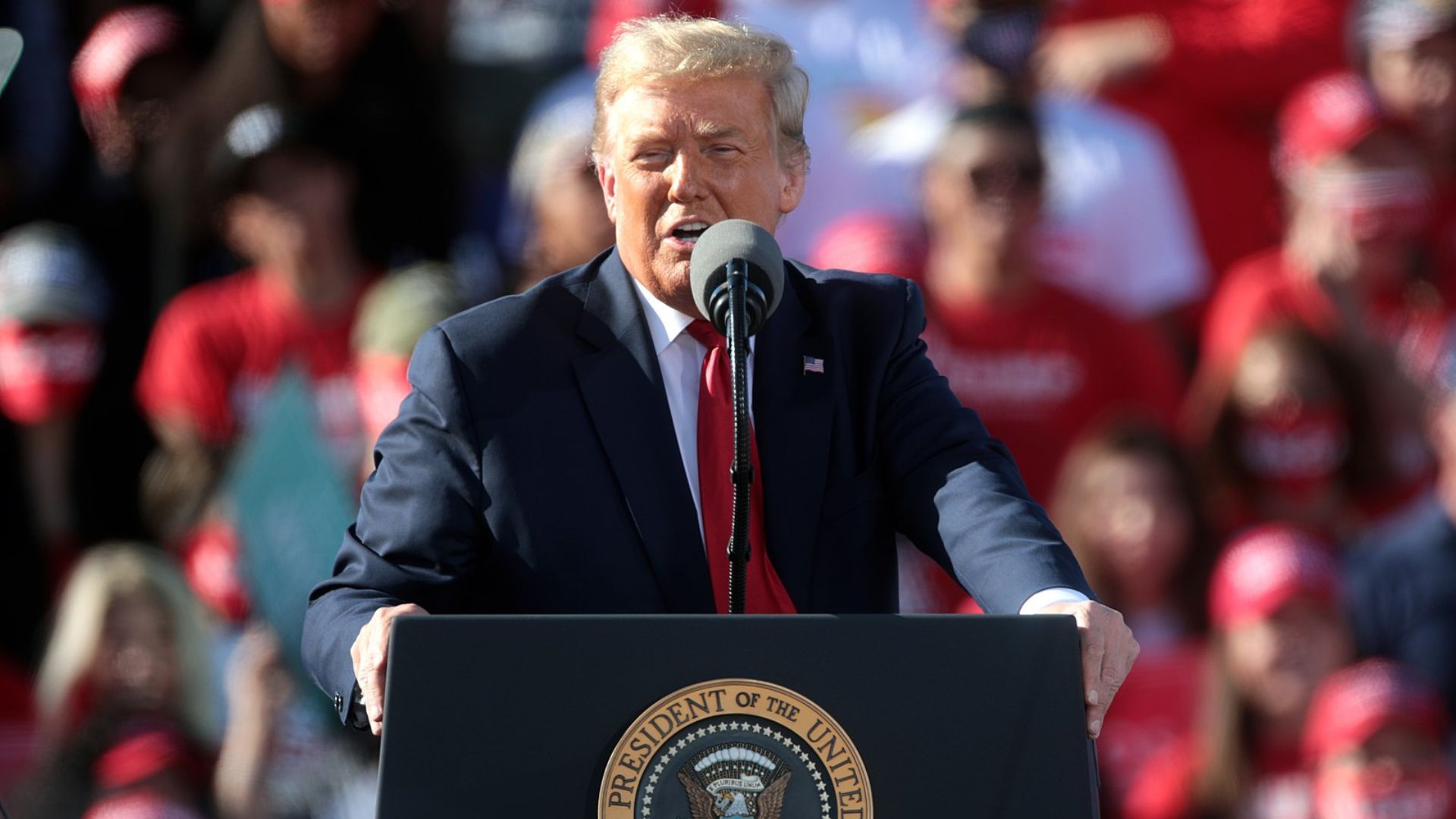
Since Trump’s presidency, the electric vehicle market has accelerated impressively.
Sales soared from about 159,139 vehicles in 2016 and are projected to hit over 1.5 million by 2024, making up roughly 10% of all new car sales in the U.S. This growth trajectory illustrates the sector’s robust expansion.
Continued Growth Forecasted for EVs
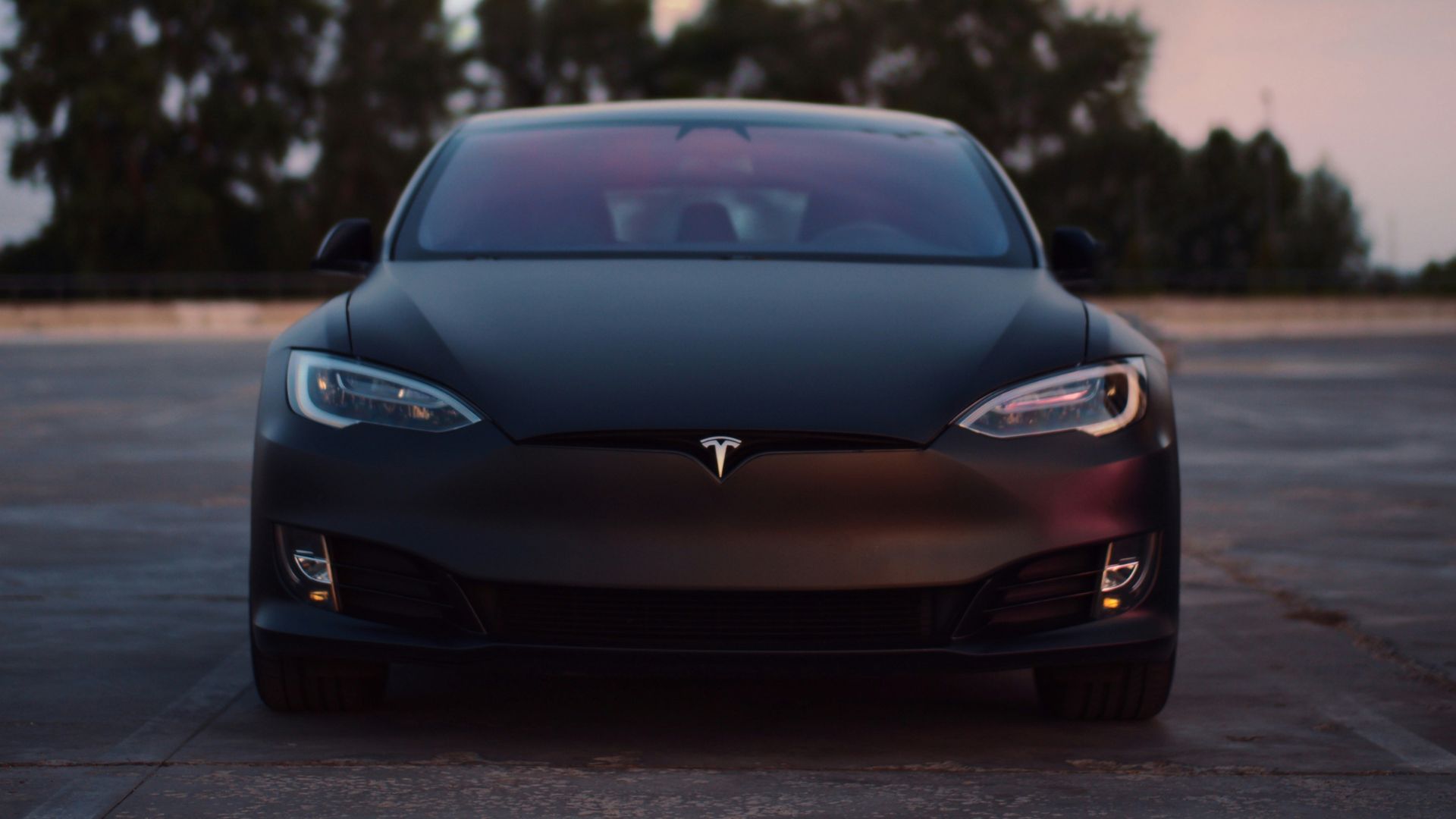
Industry experts are confident that the electric vehicle sector will continue to grow, although policy changes could moderate its pace.
The transition from niche to mainstream markets suggests that this industry’s evolution is likely to proceed regardless of potential regulatory shifts.
Ford’s Perspective on Policy Instability

Ford Motor’s William Clay Ford Jr. discussed the challenges of fluctuating government policies, stating in the New York Times, “Our time frame as a company, our planning time frame, is a lot longer than election cycles.”
He highlighted the difficulty of navigating business amidst frequent policy upheavals.
Stability Wanted by Auto Industry

The automotive industry values consistency in government policy, which aids in strategic planning and long-term investments.
Ford’s executive chair’s comments reflect broader industry frustrations with the uncertainty that political changes can bring.
Trump’s Policies and Georgia’s Economy
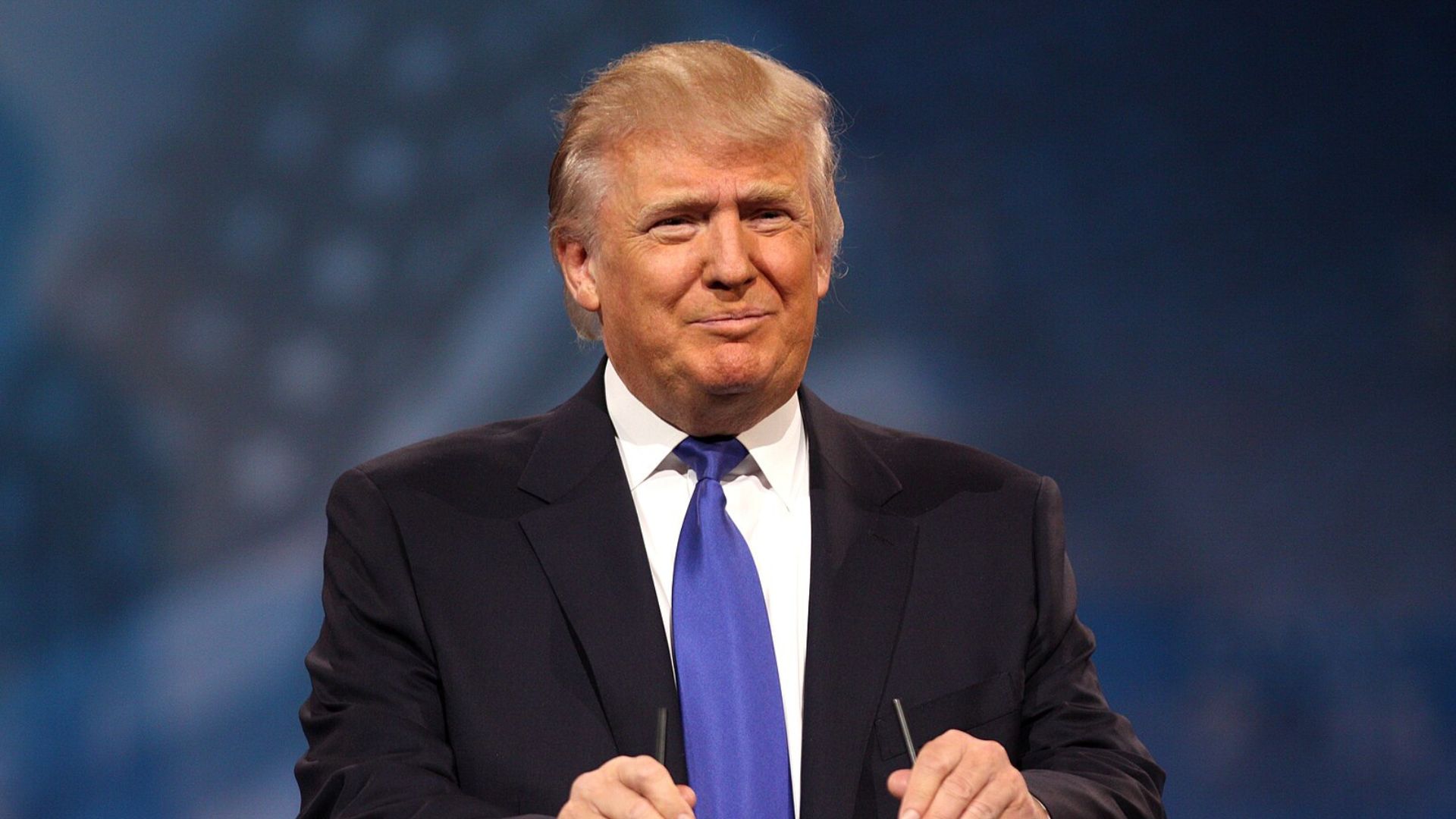
Trump’s stance could directly affect significant economic developments, like Hyundai’s $13 billion investment in electric vehicle production in Georgia—a state he narrowly lost in the previous election.
These policy shifts could sway voter opinions, impacting both local economies and electoral outcomes.
Robust Investment in Electric Vehicles

The electric vehicle market continues to gain momentum, propelled by hefty investments from car manufacturers, charging network developers, and marketers.
This investment influx suggests a strong ongoing growth trend, independent of political developments.
Electric Vehicles Catching On in GOP Regions
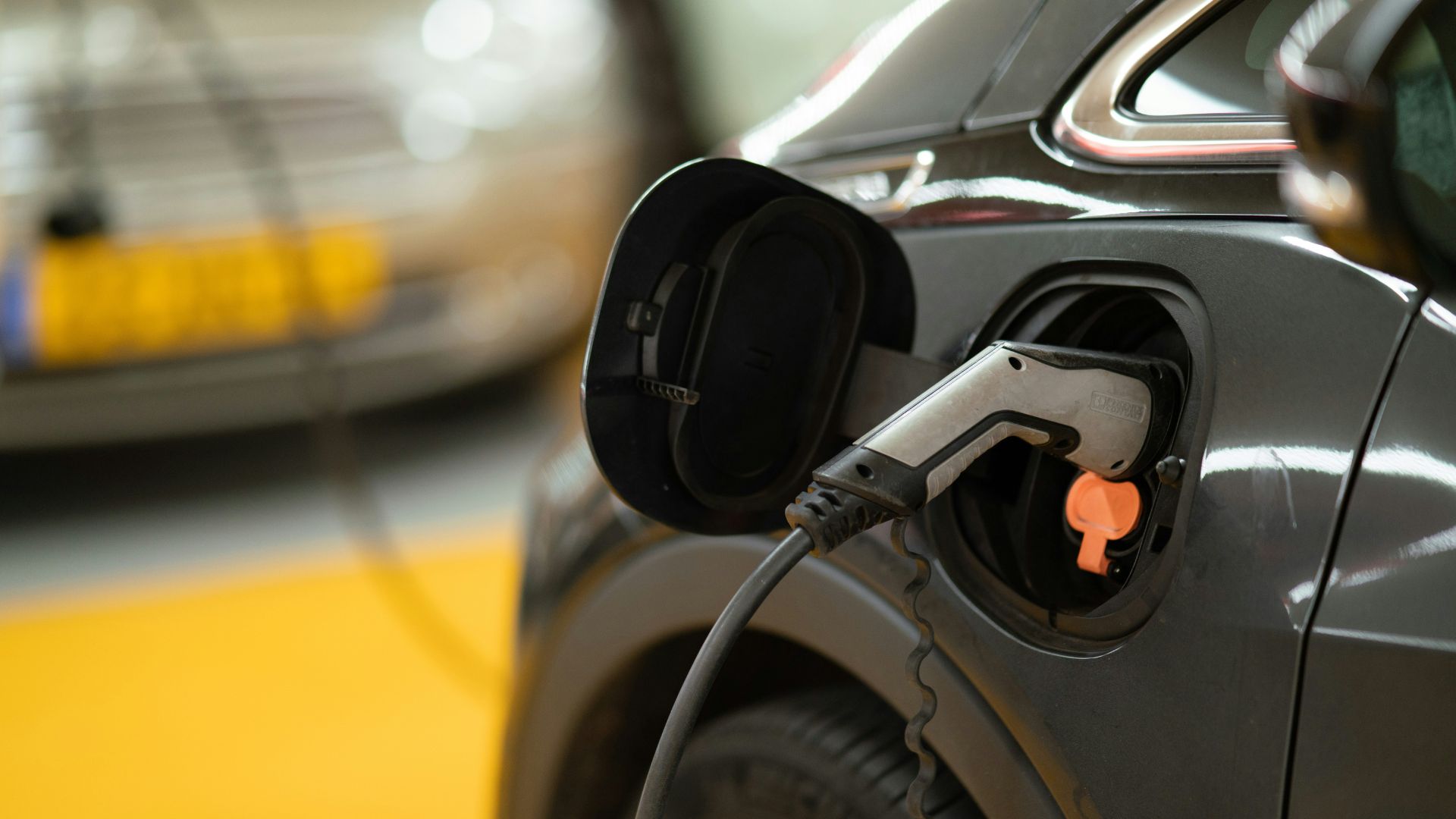
Electric vehicle popularity is surging in Republican strongholds like Texas and Florida, following California’s lead in EV registrations.
This widespread acceptance across political lines indicates a significant shift in consumer preferences towards greener transportation.
The Wide-Ranging Appeal of Electric Vehicles

The electric vehicle industry is acclaimed not just for its environmental benefits but also for its significant role in fostering economic growth and technological advancement.
These attributes contribute to the sector’s increasing popularity and strengthen the economic argument for its support.
The Political Consequences of Resisting EV Growth
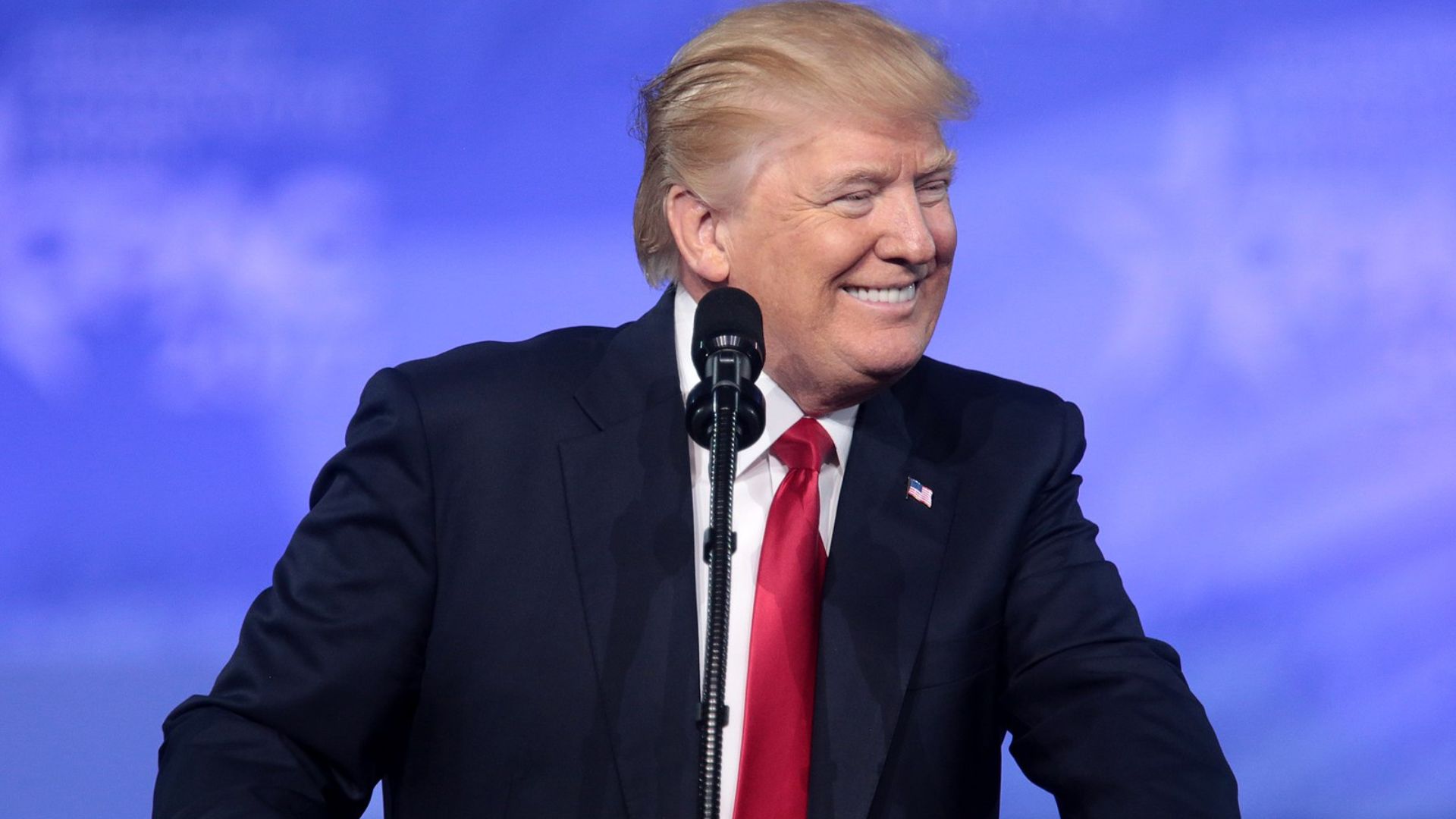
Resisting the expansion of the electric vehicle market could be a politically precarious move, potentially alienating voters who favor economic progress and technological innovation.
Such a stance might affect Trump’s support in crucial swing states.
A Crucial Election for Future EV Policies
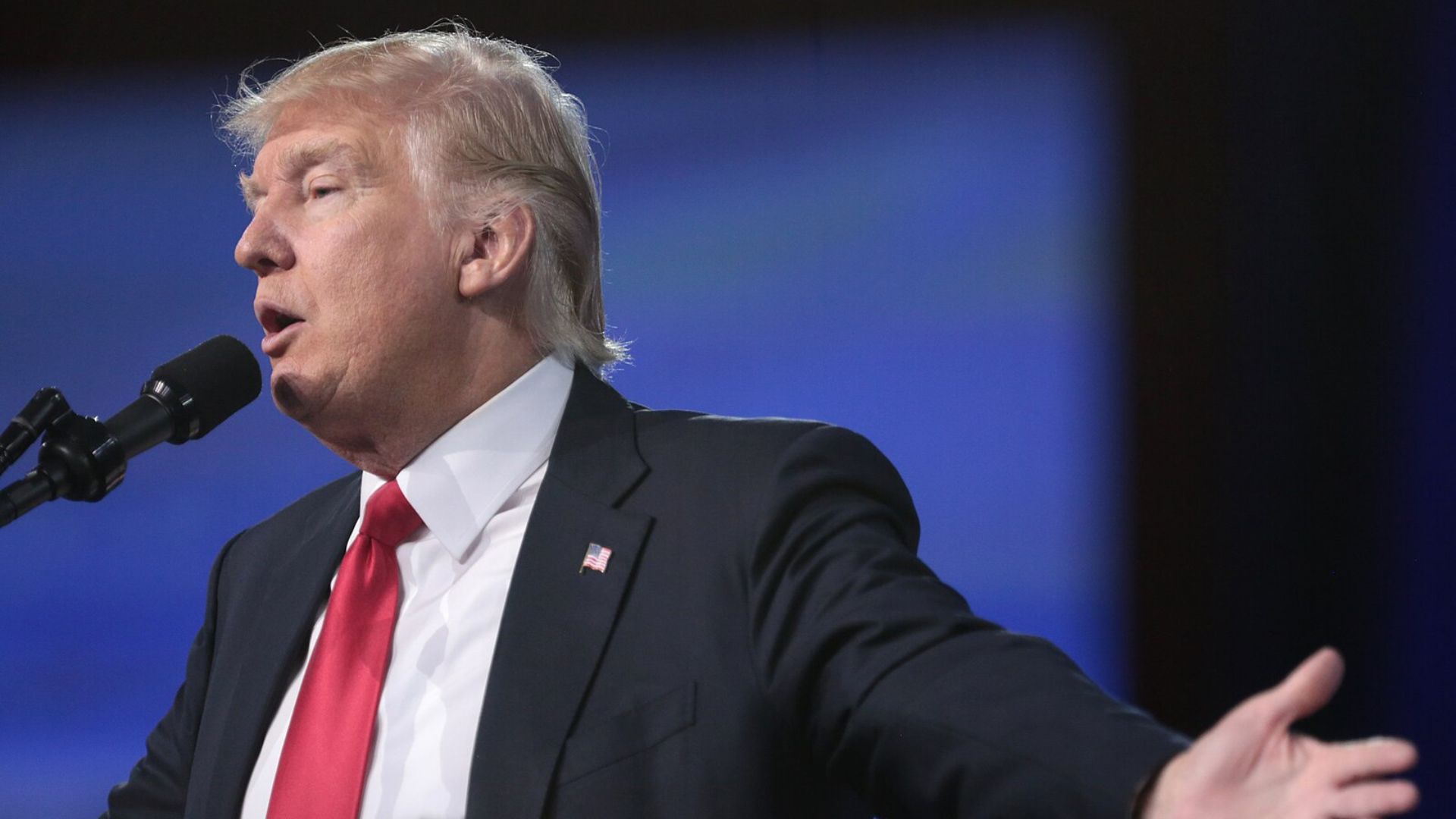
The upcoming election could be a decisive moment for the future of electric vehicle policies.
Voters will have a chance to weigh in on whether they support continuing the push for EV adoption or if they align with Trump’s vision of retracting these initiatives. This electoral decision could define the direction of U.S. transportation policy for years to come.
